10 GPTs for Legislation Analysis Powered by AI for Free of 2026
AI GPTs for Legislation Analysis are advanced artificial intelligence tools designed to assist in the interpretation, understanding, and application of laws and regulations. Leveraging Generative Pre-trained Transformers (GPTs), these tools provide tailored solutions to analyze legal texts, identify relevant legal precedents, and offer insights into complex legislative frameworks. By automating and enhancing the process of legislation analysis, they enable a more efficient and accurate understanding of legal documents, making them indispensable in legal research and practice.
Top 10 GPTs for Legislation Analysis are: Asesor Legal Chile,Ohio Government GPT,Frag das Gesetz,🎯 Precision Lobbyist Navigator 🗣️,Gun Rights Expert,Cornelia,Finnish Legal Explorer,Energie Effizienz Navigator,Taxes,🌱 EcoPolicy Navigator 📜
Asesor Legal Chile
Navigate Chilean Law with AI

Ohio Government GPT
Empowering Civic Engagement with AI
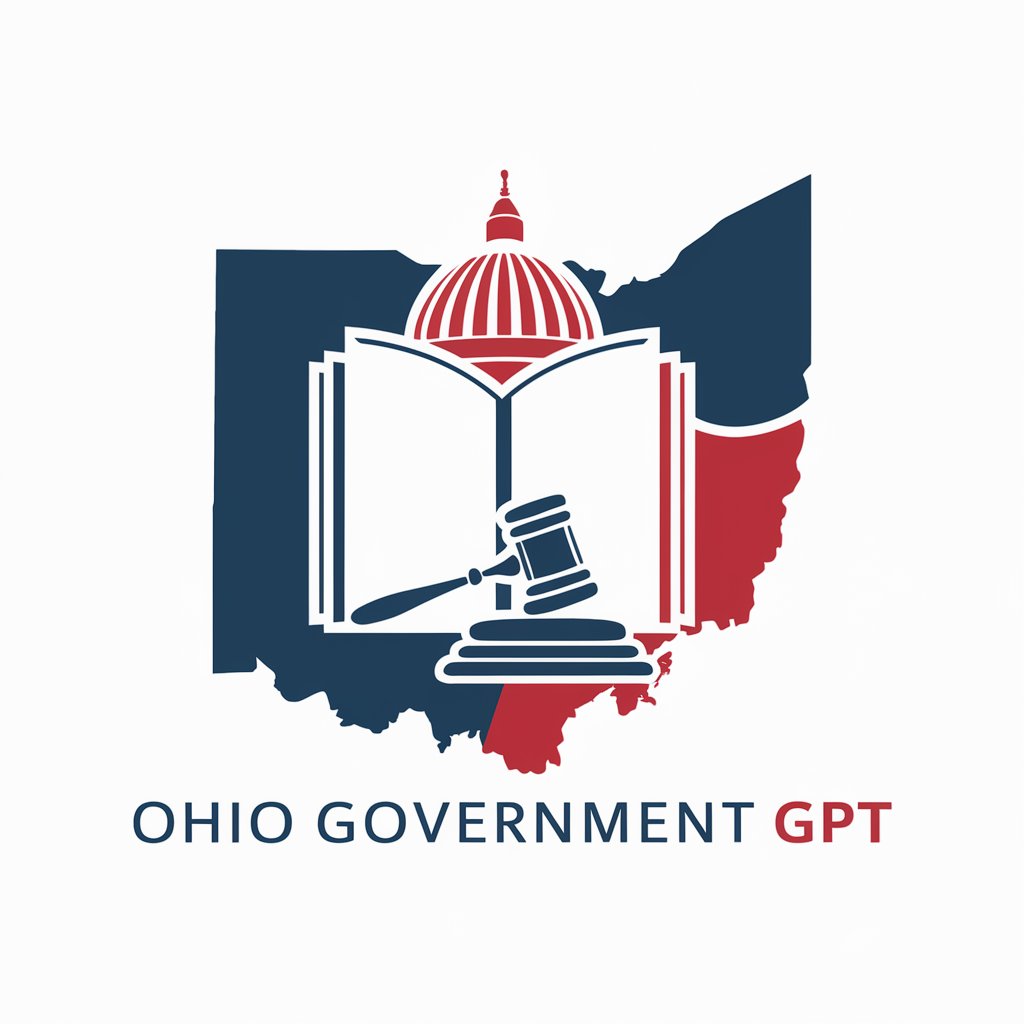
Frag das Gesetz
AI-powered German Law Assistant
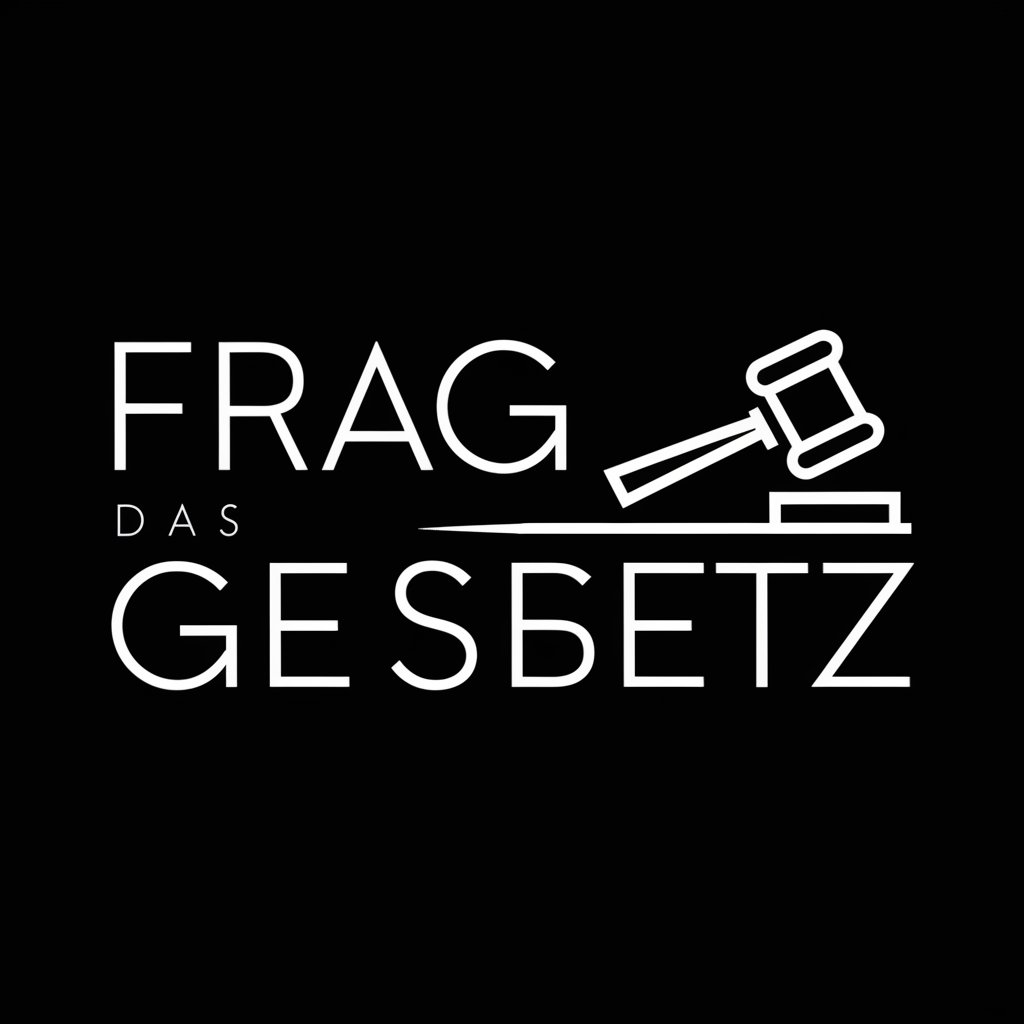
🎯 Precision Lobbyist Navigator 🗣️
AI-powered lobbying strategy navigator.
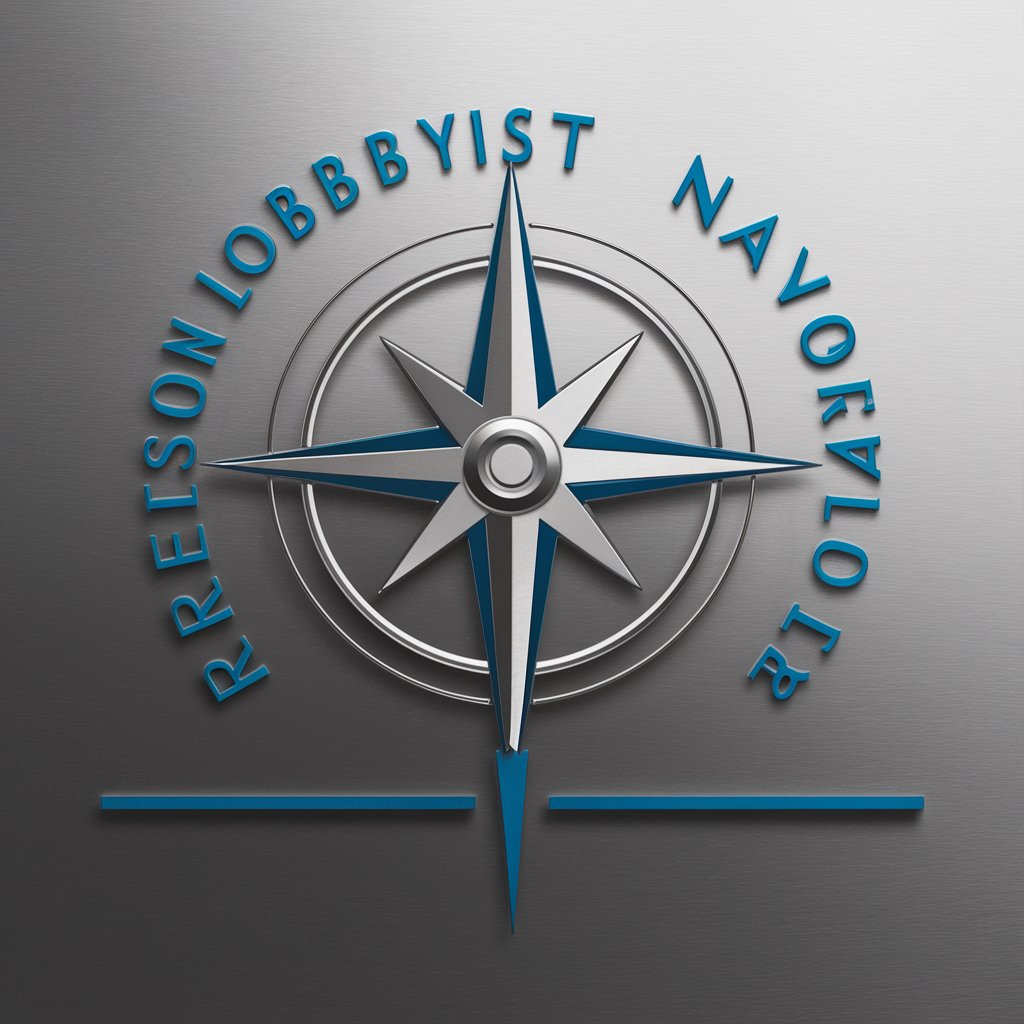
Gun Rights Expert
Empowering informed gun rights discussions with AI.

Cornelia
Deciphering India's Legal Evolution with AI
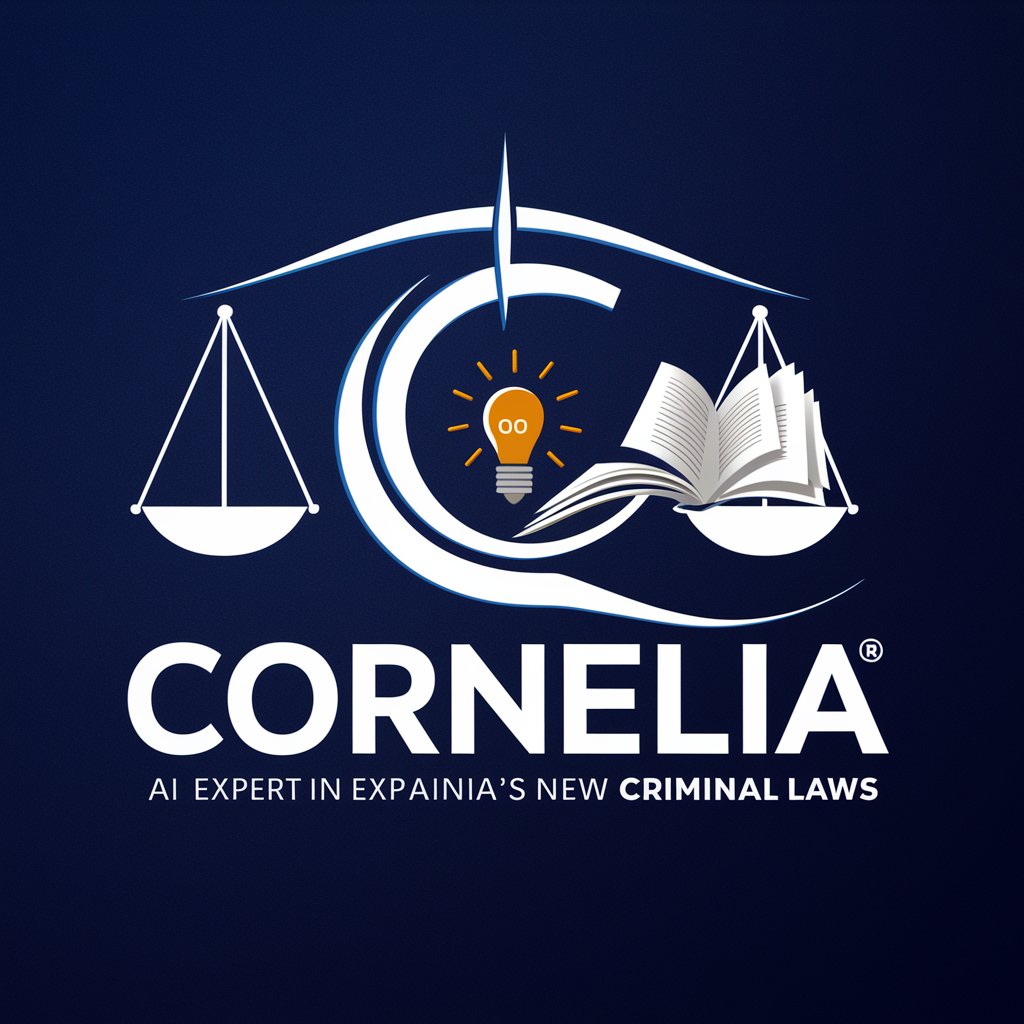
Finnish Legal Explorer
Powering Finnish Legal Insight with AI
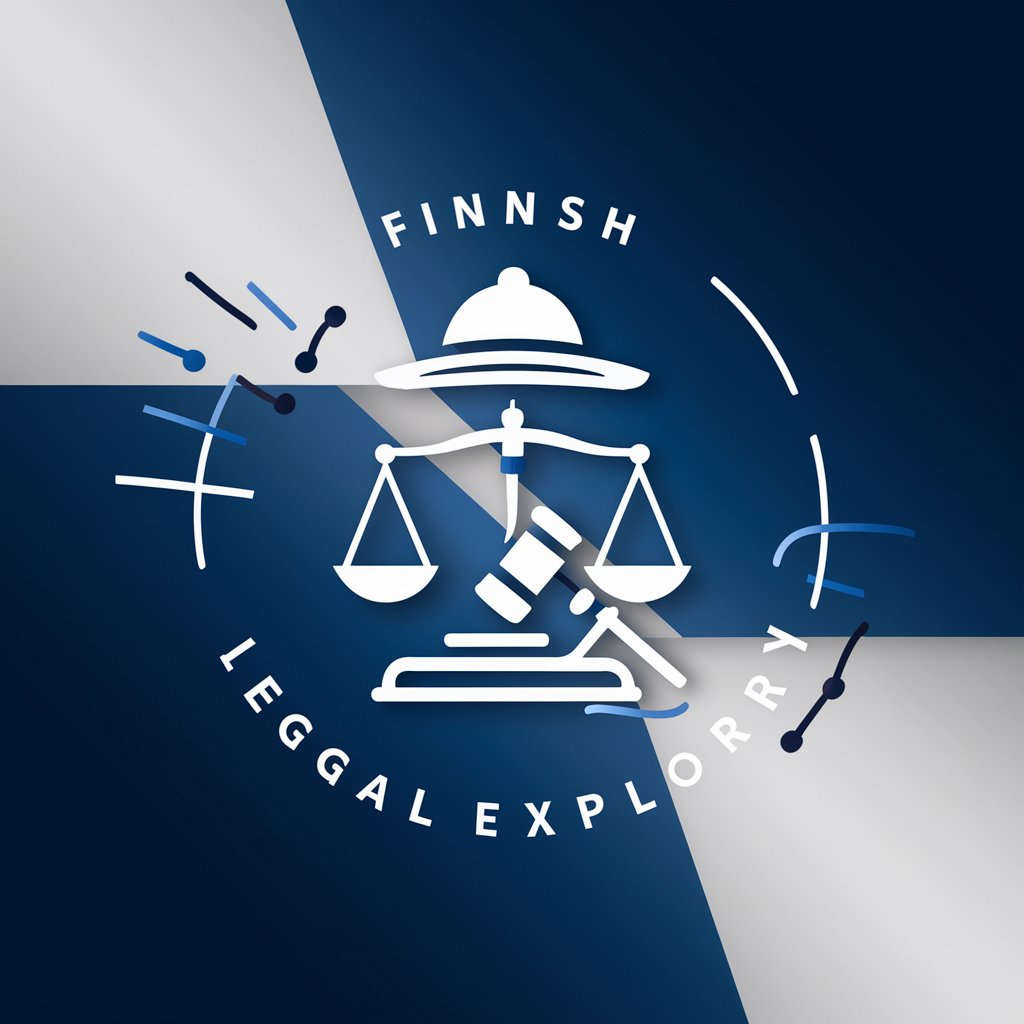
Energie Effizienz Navigator
Navigating Energy Efficiency with AI
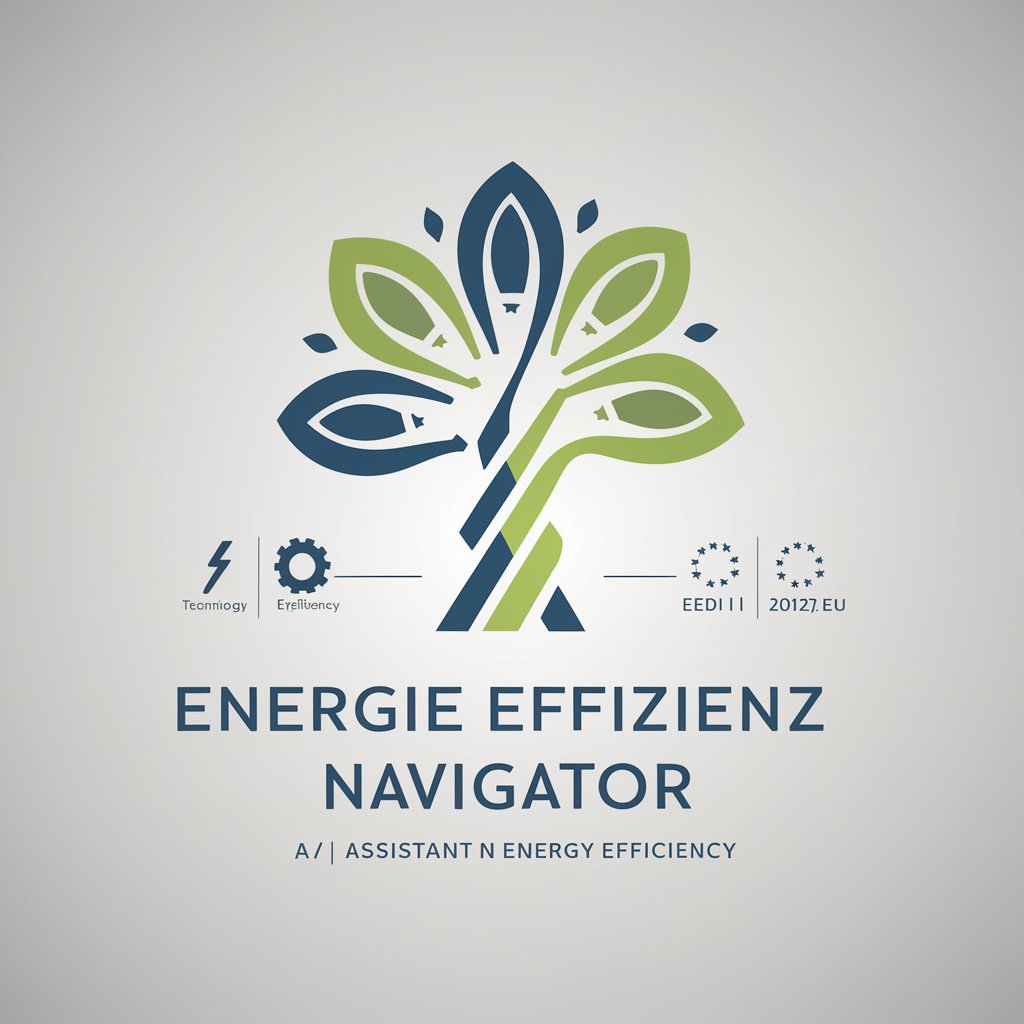
Taxes
Empowering Tax Planning with AI
🌱 EcoPolicy Navigator 📜
Empowering eco-friendly decision-making with AI.

Essential Attributes and Capabilities
AI GPTs tools for Legislation Analysis stand out for their adaptability and scalability, catering to a wide range of tasks from basic law interpretation to in-depth legal research. Key features include advanced text analysis for extracting relevant legal information, natural language processing for understanding and generating human-like responses, and the ability to learn from legislative databases for improved accuracy over time. Specialized functions such as language versatility, technical support, integrated web searching, image creation for visual representation of data, and comprehensive data analysis capabilities further distinguish these tools in the field of legal tech.
Who Benefits from Legislative AI Tools
The primary users of AI GPTs for Legislation Analysis include legal professionals, law students, policy makers, and researchers who seek to navigate the complexities of legislation efficiently. These tools are also invaluable for developers creating legal tech solutions, offering customizable modules that cater to various legal analysis needs. Accessibility for non-coders is a key feature, with user-friendly interfaces that simplify complex legal research, while also providing extensive customization options for those with technical expertise.
Try Our other AI GPTs tools for Free
Savings Identification
Discover AI-powered Savings Identification tools designed to optimize financial strategies through tailored insights and recommendations.
Municipal Finance
Discover how AI GPTs revolutionize Municipal Finance with advanced analytics, automation, and customizable solutions for efficient governance.
Iterative Feedback
Discover how AI GPTs for Iterative Feedback are revolutionizing the way we interact with technology, offering dynamic, personalized responses that evolve with every interaction.
Job Evolution
Explore how AI GPTs are revolutionizing job evolution with tailored solutions for career development, market analysis, and skill enhancement.
AGI Adaptation
Explore AI GPTs for AGI Adaptation: advanced AI tools tailored for Artificial General Intelligence tasks, offering versatile, customizable solutions for a broad audience.
Sector Specialization
Discover how AI GPTs for Sector Specialization can revolutionize industry-specific tasks with tailored AI solutions, enhancing efficiency and innovation across various sectors.
Further Perspectives on Legal AI Applications
AI GPTs for Legislation Analysis represent a significant advancement in legal technology, offering versatile and powerful tools that can be integrated into existing legal research workflows. Their ability to provide quick, accurate legal insights and adapt to specific research needs highlights their potential to revolutionize how legal professionals approach legislation analysis. Moreover, their user-friendly interfaces ensure that these advanced capabilities are accessible to a broad audience, including those without technical backgrounds.
Frequently Asked Questions
What exactly are AI GPTs for Legislation Analysis?
AI GPTs for Legislation Analysis are AI-driven tools that use Generative Pre-trained Transformers to analyze, interpret, and provide insights on legal documents and regulations.
How do these tools improve legal research?
They automate the process of sifting through extensive legal texts, identifying pertinent information quickly, and providing accurate interpretations, thereby saving time and increasing efficiency.
Can non-technical users easily navigate these tools?
Yes, these tools are designed with user-friendly interfaces that allow individuals without coding skills to perform complex legal analysis effortlessly.
Are these tools adaptable to different legal systems?
Absolutely. AI GPTs for Legislation Analysis can be customized to understand and analyze legislation from various legal systems worldwide.
How do these tools stay updated with new laws and regulations?
They are programmed to continuously learn from new legislative documents and databases, ensuring their analyses remain current and accurate.
Can these tools help in drafting legal documents?
Yes, by understanding the context and requirements of the task, they can assist in generating drafts and suggestions for legal documents.
What sets AI GPTs apart in legal analysis compared to traditional methods?
Their ability to process and analyze vast amounts of data at unprecedented speeds with high accuracy makes them significantly more efficient than traditional manual research methods.
Are there customization options for developers?
Developers can access APIs and programming interfaces to tailor the tools according to specific legal research needs or integrate them into larger legal tech systems.